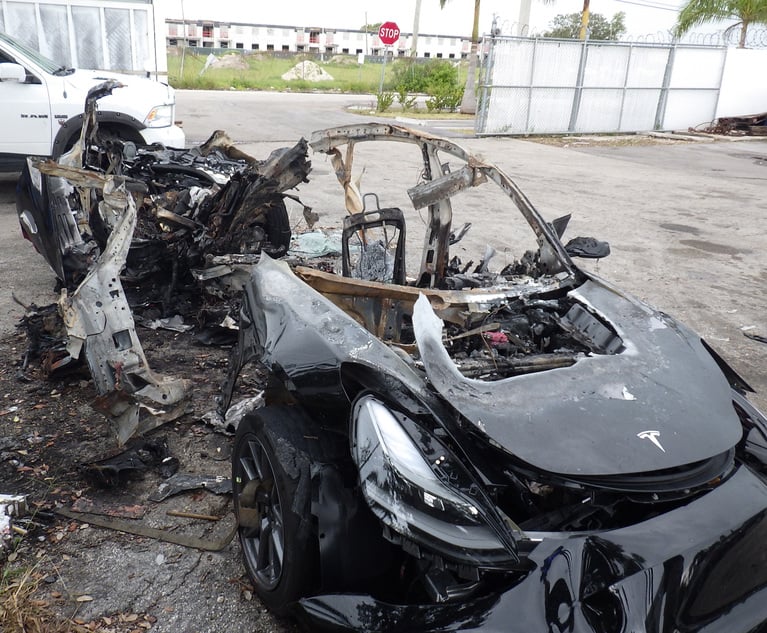Many small and midsize contractors don't consult theirsurety-bond underwriters soon enough after running into troublethat could trigger a bond—an event that threatens a contractor'sability to remain in business, according to surety executive RolandRichter.
|Business management and performance are the major factors thatwill determine which contractors survive the years-long downturn inthe construction industry, but the size of a contractor also isimportant, says Richter, vice president of marketing at LibertyMutual Surety in Plymouth Meeting, Pa.
|That's because project owners more likely will continue withlarger, complex projects because of the importance of thoseprojects and their longer planning lead times. Smaller projects areeasier to cancel, which suggests that smaller and midsizecontractors—those with work backlogs valued at between $5 millionand $100 million—“will feel the negative economy sooner and moreseverely,” he notes.
|“Contractors experiencing project losses first need to developplans that address overhead, liquidity, problem projects andongoing business concerns,” Richter advises. “Concurrently,contractors should immediately communicate any problems to theiragents and sureties.” Many sureties will help guide a bondedcontractor through its difficult period, he adds.
|“Recognizing that each underwriting situation is unique,sureties have a vested interest in helping contractors work througha problem and prevent a bonded default,” he says. “A good suretyagent understands this and should leverage his or her relationshipswith the contractor and underwriter to facilitate mutuallyacceptable solutions.”
|But when critical information about a contractor's situation iswithheld from a surety, the underwriter's reaction could be muchdifferent.
|Concerned about a contractor's deteriorating financialcondition—which makes the contractor a riskier bondingcandidate—the surety might severely restrict its future capacity,Richter explains. The surety might compel the contractor to eitherbid on only smaller projects that pose less risk to the underwriteror postpone bidding on any future project until the contractor candemonstrate it has sufficiently recovered financially.
Want to continue reading?
Become a Free PropertyCasualty360 Digital Reader
Your access to unlimited PropertyCasualty360 content isn’t changing.
Once you are an ALM digital member, you’ll receive:
- All PropertyCasualty360.com news coverage, best practices, and in-depth analysis.
- Educational webcasts, resources from industry leaders, and informative newsletters.
- Other award-winning websites including BenefitsPRO.com and ThinkAdvisor.com.
Already have an account? Sign In
© 2024 ALM Global, LLC, All Rights Reserved. Request academic re-use from www.copyright.com. All other uses, submit a request to [email protected]. For more information visit Asset & Logo Licensing.








